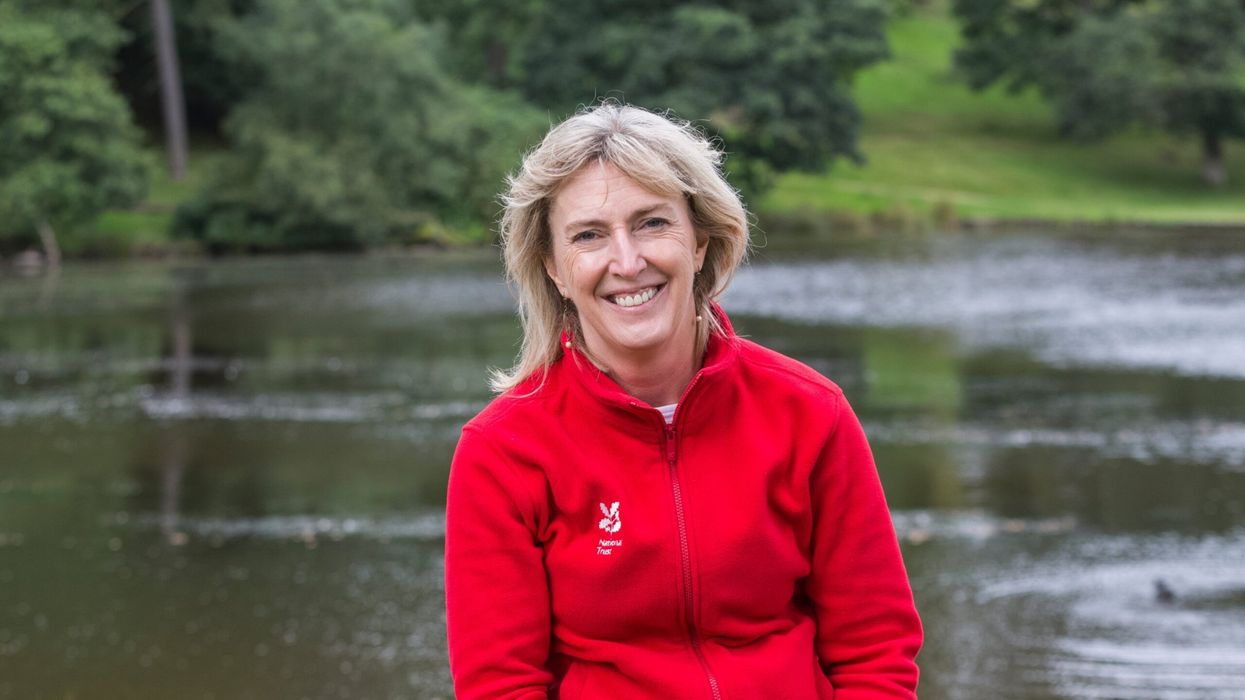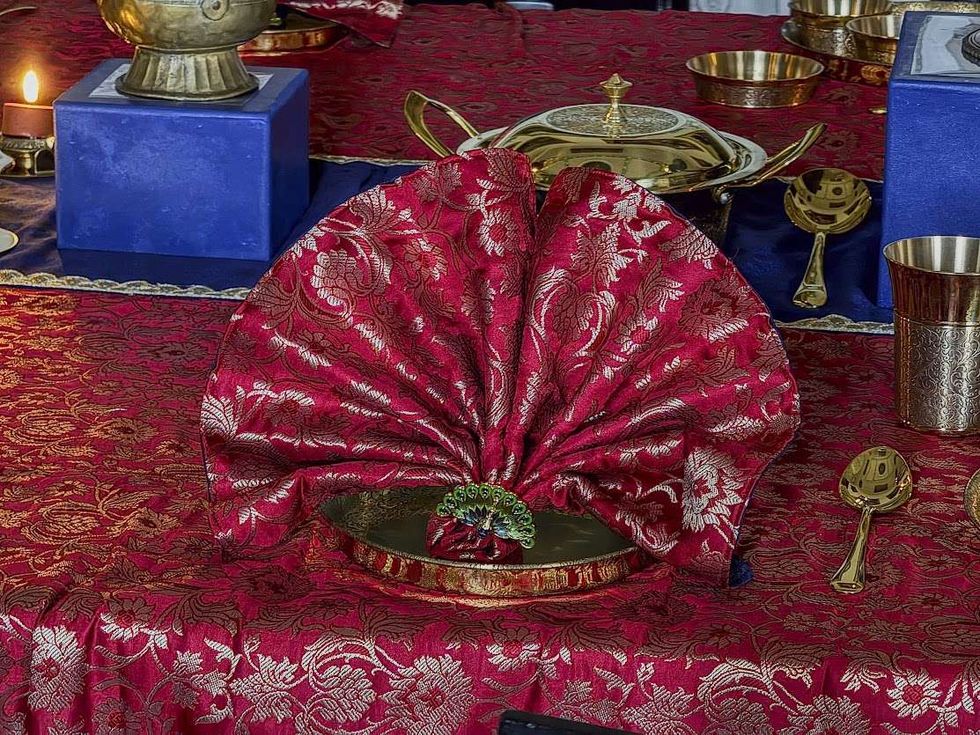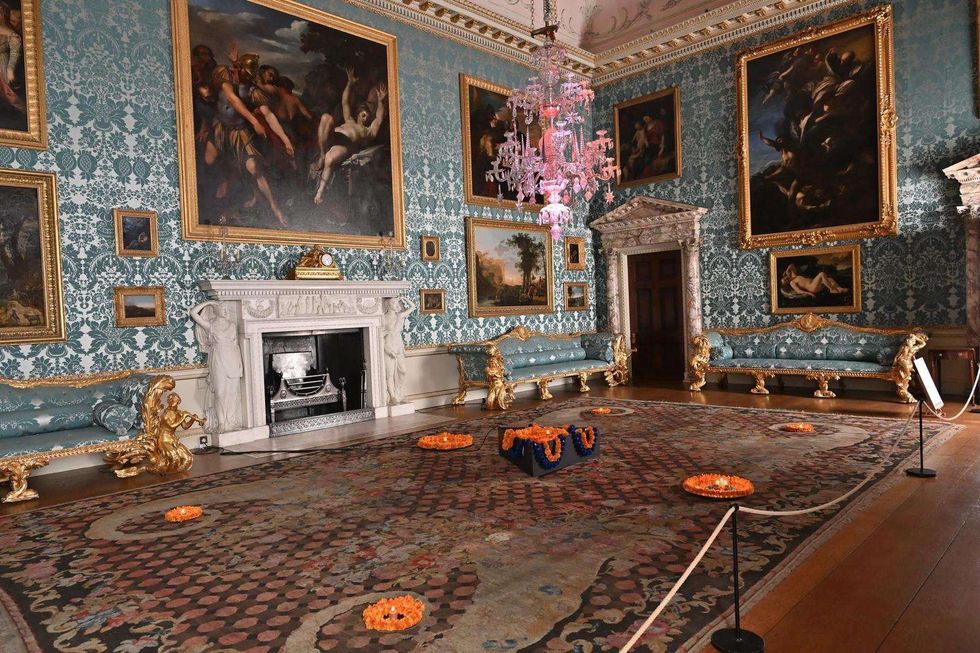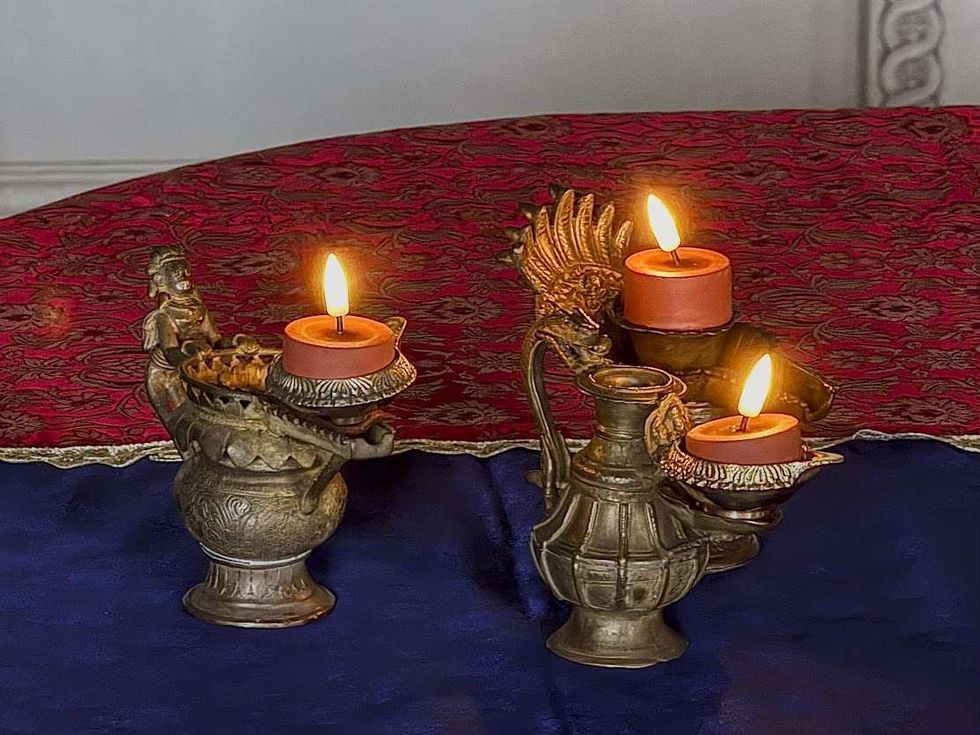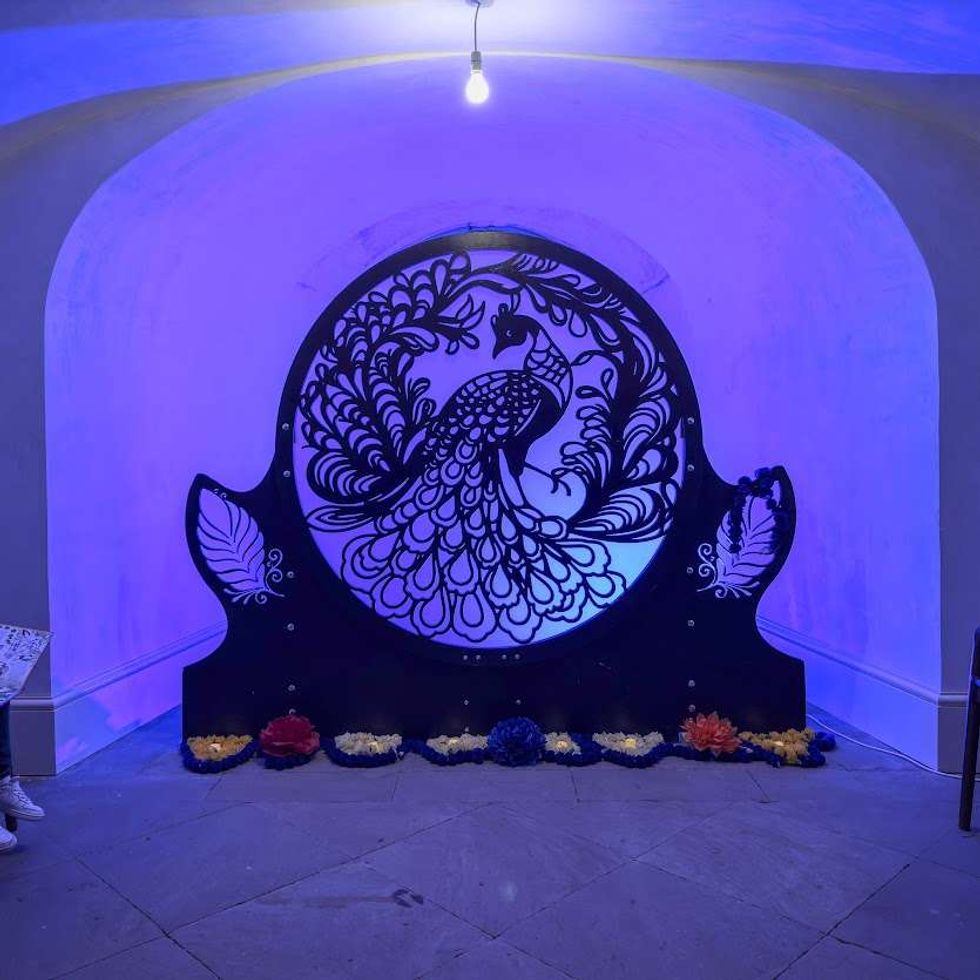by LAUREN CODLING
YOUNG Muslims claim they feel “capped” in the workplace due to their ethnic background and religion, according to a report released last week.
They also reported Islamophobia, racism and other discrimination.
The Social Mobility Challenges Faced by Young Muslims report, released by the Social Mobility Commission, has found that in the “economically active” population, one in five (19.8 per cent) of the Muslim population is in full-time employment, compared to more than one in three (34.9 per cent) of the overall population (in England and Wales).
Professor Jacqueline Stevenson, lead researcher for the report, said she found it “dispiriting” to see how young Muslims were being held back in terms of education and employment and added that among those surveyed, there was “a real level of disappointment and frustration about not being to achieve potential.”
Faiza Shah (not her real name), a 25-year-old British Bangladeshi Muslim, told Eastern Eye on Monday (11) she could have achieved more career-wise and believed that her hard work was not recognised because of her religion and ethnic background.
“(In my old job) I was never allowed to present my work. There was no issue in the way I could present, but I was always told to stay in the back office, so I felt like I just I wasn’t given the chance to go in front of clients. It was very difficult, so eventually I did leave,” she said.
Shah said career counsellors said she was overqualified for her current position, but although she has applied for a higher role several times, Shah has yet to succeed and this, she believes, is because she is a Muslim.
“I’ve done everything. I go above my job description, but it is still not getting me anywhere,” she said. “When I was interviewed for my previous job, my employer’s first question was: ‘You’re a Muslim, aren’t you?’ and it was just the way it was put forward.
There was no reasoning for why they asked me and I said ‘What’s this got to do with the
interview?’ and I think he just looked at me and was like: ‘Well, I assumed you’re a Muslim.’”
Another Muslim who did not wish to be identified is a 32-year-old aspiring teacher, who shared Shah’s sentiment.
“I never get (the job) because of this or that but when it happens so often, it makes you feel that maybe it is because I am a Muslim. It has affected me quite a lot because I feel like a failure,” she told Eastern Eye.
Shah said at her current workplace, she still faces questions from colleagues each time
there is a terrorist attack in the UK.
“I always feel like I have to apologise for the attacks that have happened. A lot of my colleagues are quite naïve to what the Islamic faith actually is.”
Further findings from the report show the young Muslims who were interviewed felt teachers often had stereotypical or low expectations of them, arguing there are insufficient Muslim teachers or other role models in schools.
Others said they avoided asking for help for fear they will be targets for bullying, resulting in them “giving up” due to the effect it has had on their confidence.
Describing her findings as shocking, Professor Stevenson said: “You can only keep banging your head against a brick wall so many times. I think there was a sense that some of our older young Muslims – they just were worn out and weary with the effort of having to keep persuading people or challenging things or trying ten times harder.”
One recommendation in the report is for CVs to be name-blinded, to avoid discrimination.
A BBC test carried out in February 2017 showed that when two resumes with one English-sounding name and one Muslim name were sent to potential employers, the English sounding individual was offered three times the number of interviews, despite the qualifications being identical.
The Muslim woman who did not wish to be named, said she fears for her children’s prospects as they both have traditional Muslim names, something she had contemplated as she was aware that it could be “setting them up for failure.”
“It is always in the back of my mind – thinking how my children are going to be in the future - how they are going to find a job? Are they going to be able to do the career they want to do?” she said.
The report showed it was particularly challenging for Muslim women, especially those who wore headscarves, who felt they were discriminated against in the workplace.
Shah explained although she does not wear a headscarf, her 17-year-old sister does and when applying for a basic retail job, she worried she would not be accepted due to her traditional dress.
Shah added although her sister has been wearing a head scarf for 10 years, she is contemplating taking it off over concerns that people will judge her for it.
There are 12 recommendations in the report, including mentoring and support programmes for young Muslims, an emphasis on religion and diversity within teacher training programmes and promoting greater awareness within business bodies regarding cultural competence and diversity.
Stevenson agrees that there must be structures, practices and interventions put into place to allow people to reach their potential and be successful and use the talent that is out there.
“We’ve got to stop this now,” she said, “We really need to recognise how aspirational, ambitious, confident and motivated so many young Muslims are and if we don’t enable them to achieve their potential, it is a massive waste of talent.”
Shah agrees with the recommendations in the report, particularly that issues regarding Islam should be discussed in schools and education workshops.
“(Drop in sessions) should also be held, where parents or people who are worried about what Muslims can do can meet us and see we are normal people. We’re aliens right now, that is how it feels,” she said.




